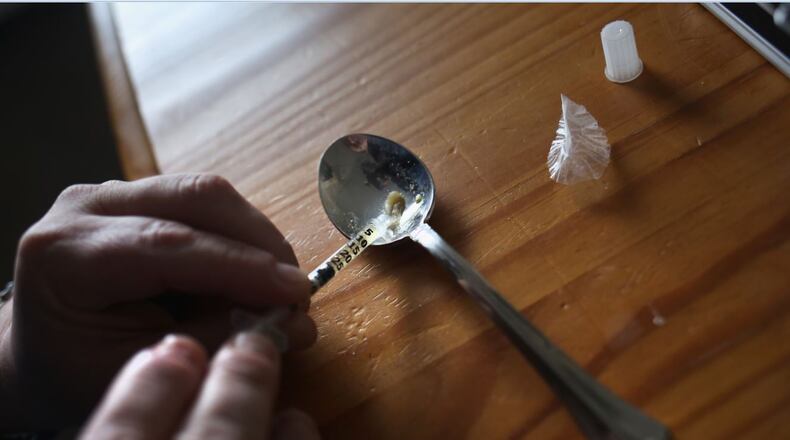The bill passed 99-1, with both Ohio senators backing it.
The bill aims to respond to a drug crisis that took the life of more than 72,000 people in 2017. Most of those deaths, said Portman, were caused by opioids. In remarks made on the Senate floor earlier this month, he said fentanyl overdose deaths increased by 850 percent between 2013 and 2017.
Portman’s bill, formally titled the Synthetics Trafficking and Overdose Prevention Act, was cosponsored by Sen. Sherrod Brown, D-Ohio. It would require all packages being shipped into the U.S. from overseas include advanced electronic data specific about what’s inside the package, who’s shipping the package and other information that is already included in packages shipped via DHL, UPS and FedEx.
“By closing the loophole in our international mail system that drug traffickers have exploited to ship fentanyl into the U.S., we can help law enforcement keep this poison out of our communities,” Portman said after the vote. ”This legislation will give more Americans who are gripped by addiction the chance to live up to their God-given potential.”
The bill also includes the CRIB Act, a bill sponsored by Brown that would allow facilities designed to help babies born addicted to drugs to be reimbursed by Medicaid. That bill is cosponsored by Portman in the Senate. The bill would help treatment centers like Brigid’s Path in Dayton, which is set up specifically to deal with the unique health problems of babies born addicted. The bill would also clarify that babies who receive services in such recovery centers can continue to receive services after one year of age.
“Too many victims of this epidemic are the infants born to mothers who struggle with addiction,” said Brown. “With the right care, newborns born with neonatal abstinence syndrome have every shot of growing up healthy.”
About the Author
